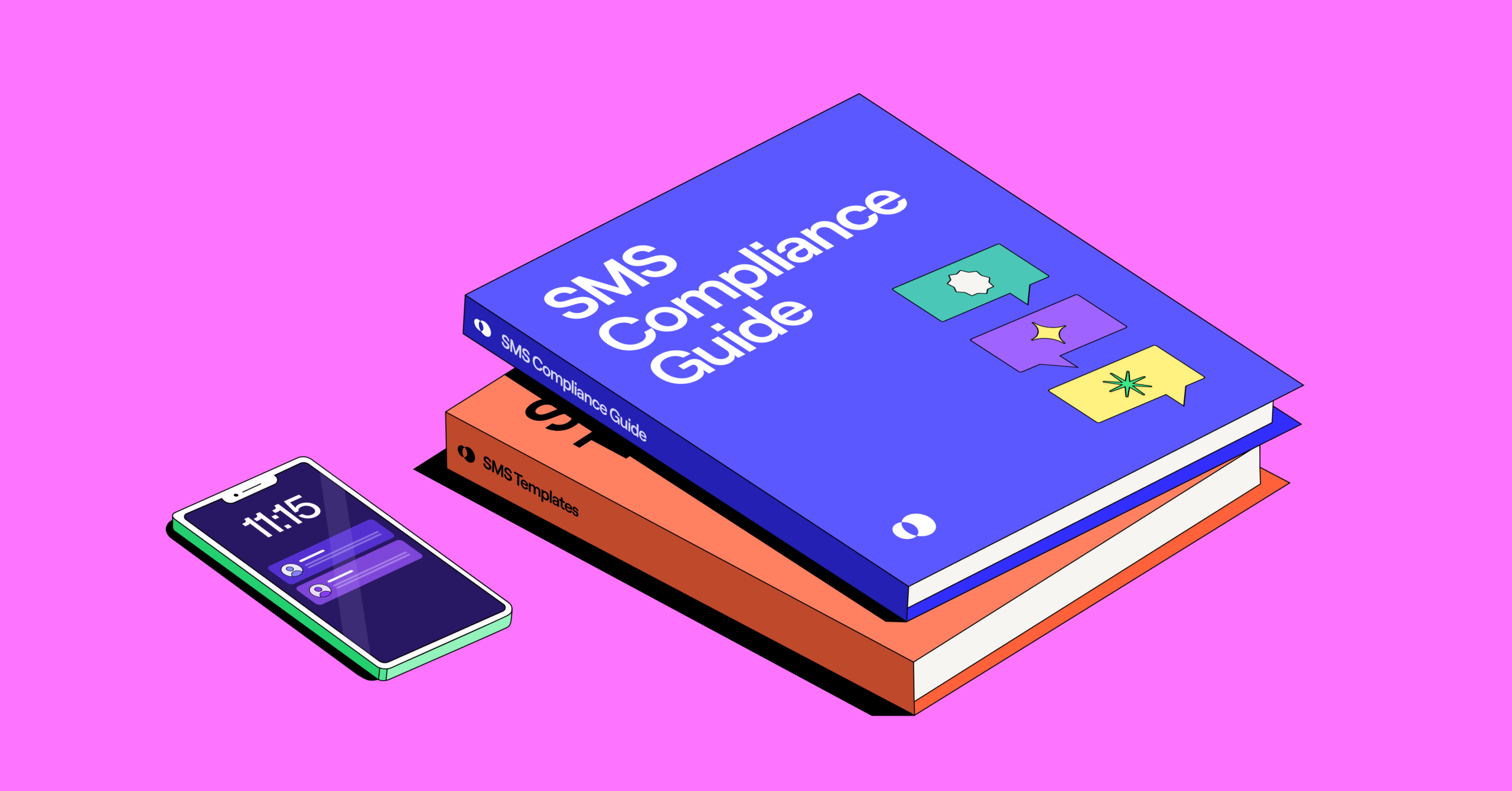SMS Privacy Policy Example: A Complete Guide for Businesses
In today’s digital world, businesses rely heavily on SMS marketing to connect with customers. It’s fast, personal, and highly effective. But with convenience comes responsibility. Customers want to know how their data is collected, used, and protected. That’s where an SMS privacy policy comes in.
If you’re a business owner, marketer, or service provider, having a clear and transparent privacy policy for SMS communication is essential. In this guide, we’ll walk through what it is, why it matters, and provide a practical SMS privacy policy example you can adapt for your business.
What Is an SMS Privacy Policy?
An SMS privacy policy is a written statement that explains how your company collects, stores, and uses customer phone numbers and text message data. It sets the rules of engagement between your business and your subscribers.
In simple terms, it tells your customers:
What information you collect (like phone numbers).
How you use their information (such as sending promotions or alerts).
Whether you share their data with third parties.
How customers can opt out of receiving messages.
This policy builds trust and ensures compliance with laws like the Telephone Consumer Protection Act (TCPA), General Data Protection Regulation (GDPR), and other data protection rules.
Why Do You Need an SMS Privacy Policy?
Here are the top reasons every business should have a clear SMS privacy policy:
Legal Compliance
Regulatory bodies require transparency in data collection and usage. Without a policy, you risk fines or penalties.
Customer Trust
People hesitate to share personal details if they’re unsure how they’ll be used. A privacy policy reassures them.
Brand Reputation
Showing respect for customer privacy strengthens your brand image. It shows you’re ethical and professional.
Clear Communication
It prevents misunderstandings by outlining what customers can expect when they subscribe to your SMS updates.
Key Elements of an SMS Privacy Policy
When drafting a policy, make sure you include these essential sections:
Information Collection
Explain what data you collect. Usually, this includes phone numbers, names, or customer preferences.
Purpose of Data Use
Be transparent about why you collect phone numbers—whether for promotions, reminders, confirmations, or alerts.
Consent and Opt-In
Clarify that customers must willingly subscribe (opt-in) before receiving SMS.
Opt-Out Process
Provide simple steps to unsubscribe, like replying with “STOP.”
Data Sharing and Third Parties
If you share customer data with service providers, disclose it clearly.
Data Security
Highlight measures you take to protect personal information.
Customer Rights
Explain how customers can contact you for questions or complaints regarding their data.
SMS Privacy Policy Example
Here’s a practical SMS privacy policy example you can use as a reference. Customize it to fit your brand and compliance requirements.
SMS Privacy Policy Example
We respect your privacy and are committed to protecting your personal information. When you opt in to receive SMS messages from [Your Company Name], you agree to the following terms:
Information Collection
We collect your phone number and any related details you provide when you subscribe to our SMS list.
Use of Information
Your phone number will only be used to send you promotional messages, alerts, and updates from [Your Company Name].
Consent
By subscribing, you consent to receive recurring SMS messages. Message and data rates may apply depending on your carrier.
Opt-Out
You can unsubscribe anytime by replying “STOP” to any SMS message. Once you opt out, you will no longer receive messages from us.
Data Sharing
We do not sell or rent your personal information. Your data may be shared with trusted service providers only for the purpose of delivering our SMS communications.
Security
We use industry-standard practices to safeguard your personal information from unauthorized access or disclosure.
Customer Support
For questions regarding this policy, contact us at [Your Support Email or Phone Number].
Best Practices for Writing an SMS Privacy Policy
To make your policy effective and customer-friendly, follow these tips:
Keep it simple: Avoid complicated legal jargon. Use plain, easy-to-read language.
Be transparent: Don’t hide important details. Honesty builds trust.
Stay updated: Update your policy as your business practices or regulations change.
Make it accessible: Display it on your website, sign-up forms, or SMS campaigns.
Highlight consent: Always clarify that customers must willingly opt in.
SMS Privacy Policy vs. General Privacy Policy
Many businesses already have a general website privacy policy. But an SMS privacy policy focuses specifically on mobile communication.
General privacy policy: Covers website usage, cookies, and email.
SMS privacy policy: Focuses on text messages, mobile data, and opt-in consent.
Having both ensures complete transparency across all communication channels.
Common Mistakes to Avoid
While drafting your SMS privacy policy, watch out for these mistakes:
Vague language – Don’t use unclear terms like “we may use your data.” Be specific.
Forgetting opt-out instructions – Customers must always know how to unsubscribe.
Overpromising – Don’t guarantee “100% security” if you can’t realistically provide it.
Ignoring legal requirements – Make sure your policy aligns with local and international laws.
Benefits of a Strong SMS Privacy Policy
A clear and transparent policy doesn’t just protect you legally—it benefits your business too.
Boosts customer confidence: People are more likely to subscribe when they feel safe.
Reduces complaints: Clear rules prevent misunderstandings.
Improves engagement: Subscribers who trust you are more likely to stay active.
Supports long-term growth: Privacy protection builds a loyal customer base.
Final Thoughts
In a world where data privacy is more important than ever, an SMS privacy policy is not optional—it’s a necessity. Customers want reassurance that their phone numbers won’t be misused. A well-written policy helps you stay compliant, build trust, and strengthen your brand.
Use the SMS privacy policy example above as a starting point, but always tailor it to your business needs and local regulations.
Call to Action
Ready to create your own SMS privacy policy? Start by reviewing the example in this guide and customizing it to fit your company. The more transparent and customer-friendly your policy is, the more trust and engagement you’ll earn.












Post Comment